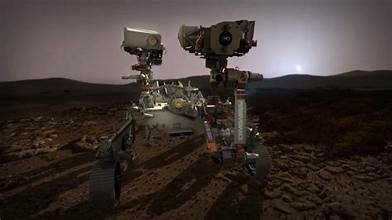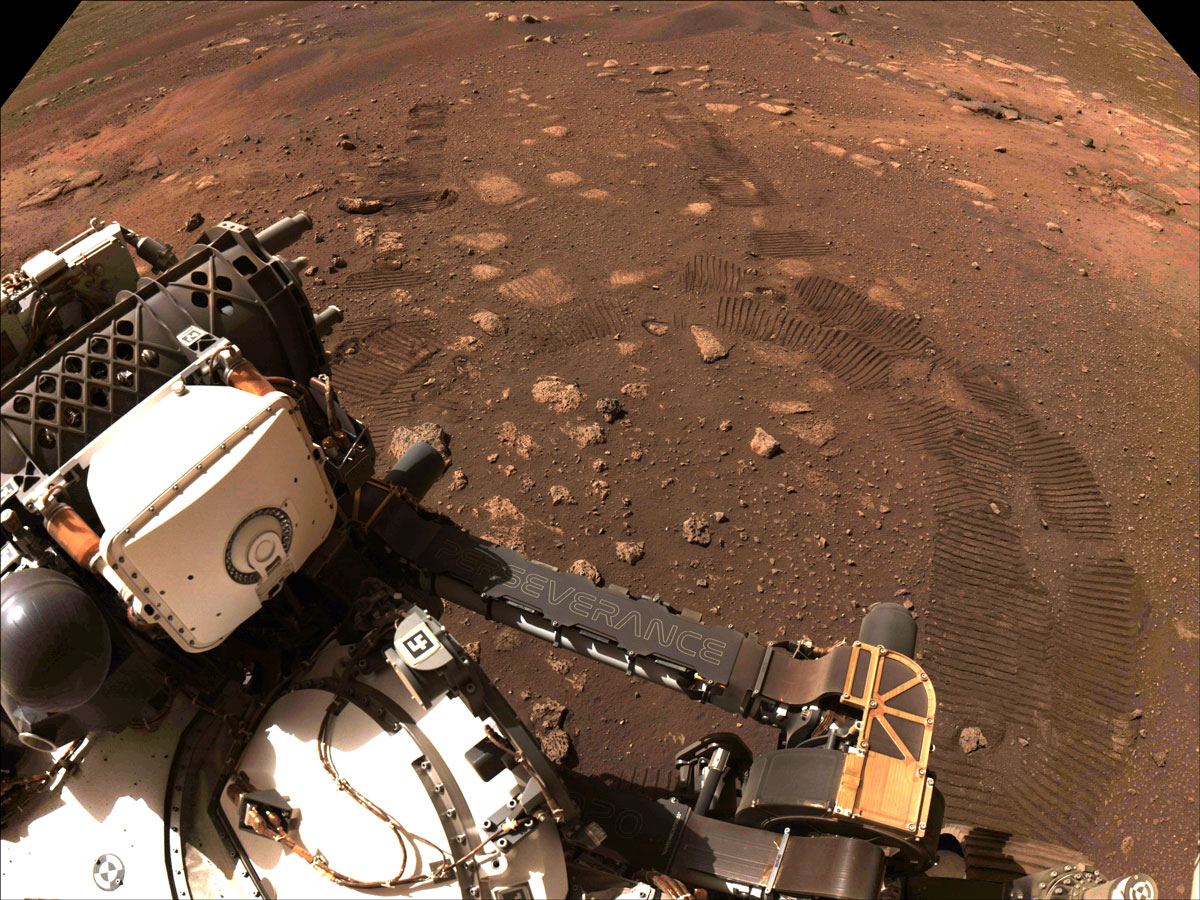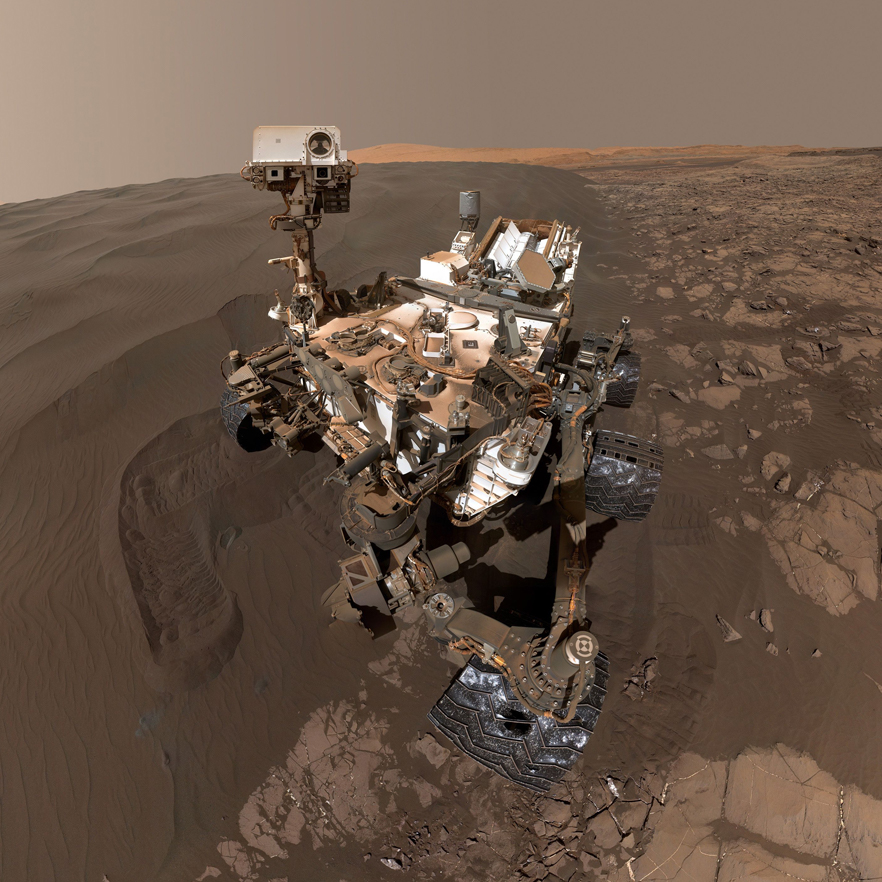
The awe-inspiring achievement of space exploration has once again made headlines with the recent successful landing of a groundbreaking mission on Mars. This historic event marks a significant milestone in our quest to understand the Red Planet, unveiling new discoveries that promise to reshape our knowledge of Mars and its potential for supporting life.
The Mission’s Landmark Achievement
On [specific date], the [Mission Name], a collaboration between [Space Agency/Organizations], made a triumphant descent onto the Martian surface. The mission’s successful landing not only highlights the remarkable advancements in space technology but also opens up new avenues for scientific exploration. This mission, which had been in development for several years, represents a monumental step forward in our exploration of Mars.
Key Objectives of the Mission
The primary objectives of the mission were to:
- Analyze Martian Soil and Rocks: Utilizing sophisticated instruments, the mission aimed to collect and analyze soil and rock samples to gain insights into the planet’s geology and history.
- Study Martian Atmosphere: By deploying atmospheric sensors, scientists intended to study the composition and dynamics of Mars’ atmosphere to better understand its climatic conditions.
- Search for Signs of Past Life: One of the mission’s most ambitious goals was to search for evidence of past life forms by examining potential habitats and biosignatures.
Unveiling New Discoveries
The data transmitted back to Earth has already begun to reveal intriguing new findings. Here are some of the most exciting discoveries made so far:
1. Evidence of Ancient Water Flows
One of the most significant revelations is the discovery of ancient riverbeds and delta formations. These features indicate that Mars once had flowing water on its surface, suggesting that the planet may have had a more hospitable environment in its distant past.
2. Detailed Geological Maps
The mission’s instruments have provided detailed geological maps of the landing site, revealing a complex history of volcanic and sedimentary processes. These maps will help scientists reconstruct Mars’ geological history and understand its evolution over billions of years.
3. Atmospheric Composition Insights
Analysis of the Martian atmosphere has yielded new insights into its composition and dynamics. Preliminary results suggest that the planet’s atmosphere contains trace amounts of gases that were previously undetected, which could have implications for understanding its climate history.
4. Potential Biosignatures
While no definitive signs of life have been found, the mission has identified several locations with conditions that might have supported microbial life in the past. These areas are prime candidates for future missions aiming to search for direct evidence of life.
Implications for Future Missions
The success of this mission paves the way for future Mars exploration endeavors. Scientists and engineers will leverage the data collected to plan more ambitious missions, including potential sample return missions and even crewed missions to Mars.
Enhancing Our Understanding of Mars
The mission’s findings contribute significantly to our understanding of Mars’ potential to support life and its geological history. By studying the Red Planet in greater detail, researchers hope to answer fundamental questions about the planet’s habitability and the broader implications for our understanding of life in the universe.
Inspiring Future Generations
The mission also serves as a source of inspiration for future generations of scientists, engineers, and explorers. The successful landing demonstrates the power of international collaboration and technological innovation in overcoming the challenges of space exploration.
Conclusion
The successful landing of the [Mission Name] on Mars marks a historic achievement in space exploration, offering a treasure trove of new data and insights about the Red Planet. As scientists continue to analyze the findings, we can look forward to a deeper understanding of Mars’ past and its potential for future exploration. This mission not only advances our knowledge of Mars but also reinforces our commitment to exploring the unknown and pushing the boundaries of human ingenuity.

